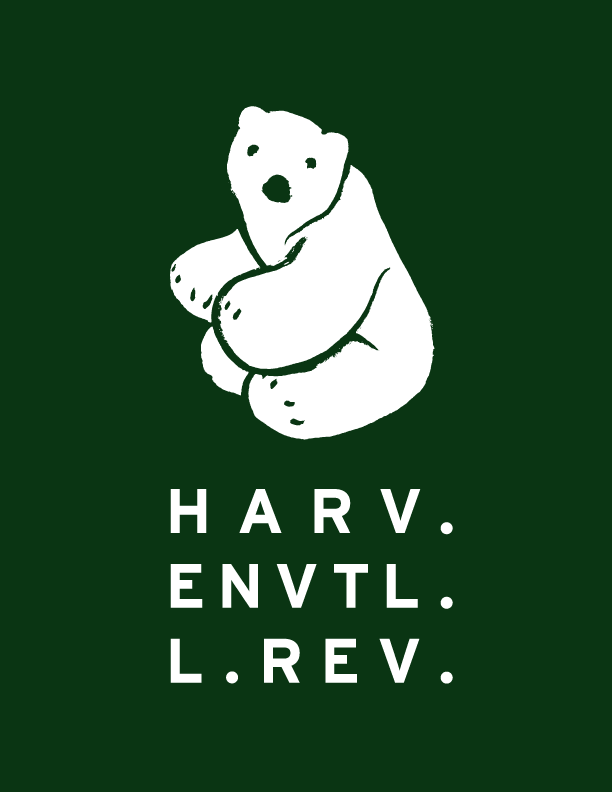By David Baake
Since the New Deal era, the Supreme Court has interpreted the Spending Clause to permit Congress to use conditional grants to encourage state governments to take action that Congress could not require them to take. In National Federation of Independent Business v. Sebelius, the Supreme Court unexpectedly restricted this power, holding for the first time ever that a conditional grant was unconstitutionally coercive because the amount of money at stake was so large that the states had no real choice but to comply with the attached conditions. This remarkable development in Spending Clause jurisprudence will likely embolden states to challenge the constitutionality of a wide variety of statutes, including Section 179(b)(1) (“Section 179”) of the Clean Air Act, which empowers the Environmental Protection Agency to prohibit, with limited exceptions, the distribution of federal highway money to states that fail to submit adequate State Implementation Plans (SIPs).
In this article, I assess the likelihood that a Spending Clause challenge to Section 179 would succeed, post-Sebelius. In Part I of this Article, I briefly discuss the Sebelius Court’s Spending Clause holding. In Part II, I argue that Section 179 should survive a facial constitutional challenge after Sebelius because, at least where applied to SIP plans for pollutants emitted by mobile sources, the provision can be construed as an attempt to restrict the use of federal funds to projects that advance the general welfare, rather than as an attempt to coerce the states into adopting particular policies. Finally, in Part III, I argue that Section 179 should survive an as-applied constitutional challenge, even if it is applied to SIP plans for pollutants that are not emitted by mobile sources. I argue that the decision to enact a SIP “remains the prerogative of the States not merely in theory but in fact,” because (1) a state that does not wish to promulgate a SIP can petition EPA to promulgate a Federal Implementation Plan (FIP) and thereby halt the sanctions clock; and (2) the amount of money at stake will likely be significantly less than the amount at stake in Sebelius.
Cite as: David Baake, Federalism in the Air: Is the Clean Air Act’s “My Way or No Highway” Provision Constitutional After NFIB v. Sebelius?, 37 Harv. Envtl. L. Rev. F. 1 (2012).
[su_button url=”http://harvardelr.wpengine.com/wp-content/uploads/sites/79/2013/01/Baake-Final.pdf” style=”flat” background=”#158111″ size=”5″ center=”yes”]View Full Article (PDF)[/su_button]

